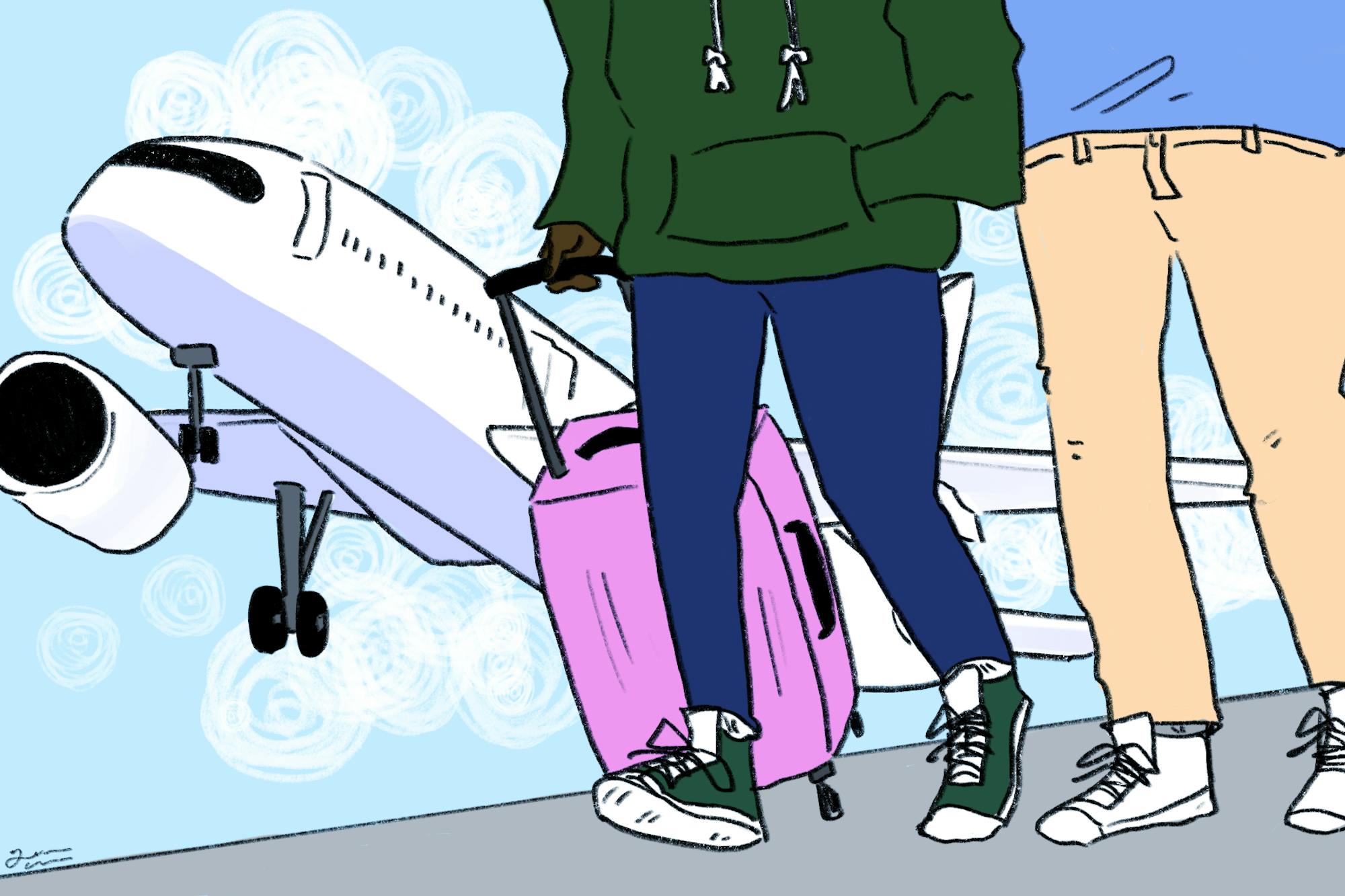Dartmouth students pursue a wide range of paths after they graduate: starting a job, pursuing a graduate degree, entering the armed forces or a combination of infinite other paths. However, a number of students reject all traditional notions of a typical early career path by choosing a different option: a “gap year” after college.
As defined by the American Gap Association, a gap year is “an intentional period of time devoted to personal growth and exploration through experiential learning opportunities.” Although this broad definition is often associated with the period between high school and college, gap years can be extremely beneficial during the first year out of college. Not only do they give students a break from rigid structure, gap years can also be a great resume builder and can make a person stand out in future applications — especially if they do something unique with their time.
Katherine Takoudes ’24, a member of Dartmouth Ski Patrol, plans to take two gap years to work as a full-time ski patroller in Park City, Utah before attending medical school. She will also study for the MCAT during the summer after graduating.
“The pre-health program at Dartmouth really encourages people to take gap years to enjoy their Dartmouth experience [without rushing to fulfill pre-health requirements], which I completely agree with,” said Takoudes.
Takoudes fell in love with the medical aspects of patrolling through Dartmouth Ski Patrol. After getting her avalanche certification this past spring and taking an EMT course, she realized that her skill set could be put to use full-time after graduation.
“It’s such a tangible application of my medical skills,” she said. “I have my other pre-med friends taking their medical skills in other directions, whether it’s being a research coordinator at a hospital or volunteering somewhere. I think this is just another way to use my pre-med skills.”
Hunter Binney ’24 also plans to take a gap year after graduation, and he wants to use the time to learn a new set of skills, such as how to sail. Additionally, he hopes to travel to Bhutan, Australia and countries in Southeast Asia to see more of the world and create life-long memories.
After talking with one of his close friends who also wanted to travel, the two made plans to travel together.
“We did The Fifty together and had a blast,” he said. “You want to share the new experiences you have with someone. You want someone to have those memories with. He’s the guy that I want to do it with. It’s gonna be us against the world.”
Takoudes is also optimistic about finding community during her gap year. She said that a few Dartmouth Ski Patrol students move out to Park City every year.
“It might not be like the Dartmouth community that there is in New York or San Francisco, but I am excited to have the support of other alums who are in the ski area there,” she said.
While Takoudes and Binney are still in the planning stages for their gap years, Ariela Feinblum ’23 is currently taking two gap years post-graduation. As a pre-health student at Dartmouth, she knew early on that medical school was going to be a long process. Instead of diving straight into applications, she wanted to take time to enjoy this part of her life as a working adult.
Feinblum spends her time working in pharmaceutical consulting, where she studies rare disease areas and identifies spaces that lack solid treatment options. Although her job aligns more with the traditional post-Dartmouth career path, she considers these two years between college and medical school gap years, as the time off has been important for her well-being.
“It’s really easy for pre-med to consume your college experience,” Feinblum said. “I wanted my senior spring to not be consumed by medical school applications. So, I personally decided that I’d rather apply the following cycle, which meant taking two years off to work. I wanted to have some time not worrying about medical school while I was at Dartmouth.”
For other students, a gap year could be the start of a whole new life. Binney mentioned the freedom he feels in traveling next year and being excited to see the beauty in where his experiences could take him.
“I’m fully prepared to never come back. I’m totally fine to find a little port by the ocean and work there for the rest of my life,” he said. “Never come back … that’s honestly my goal.”
While it can be hard to not anxiously scramble to find the first job you can, taking time off after graduation to discover different sides of yourself may be just what you need. Each Dartmouth graduate has the potential to carve their own path. For some, taking that time to grow as a person and take on life-changing experiences might just be exactly what they need.
“We are going to be documenting everything to send back to our buddies,” said Binney. “Whatever gets thrown at us on the way, we are going to take it.”




